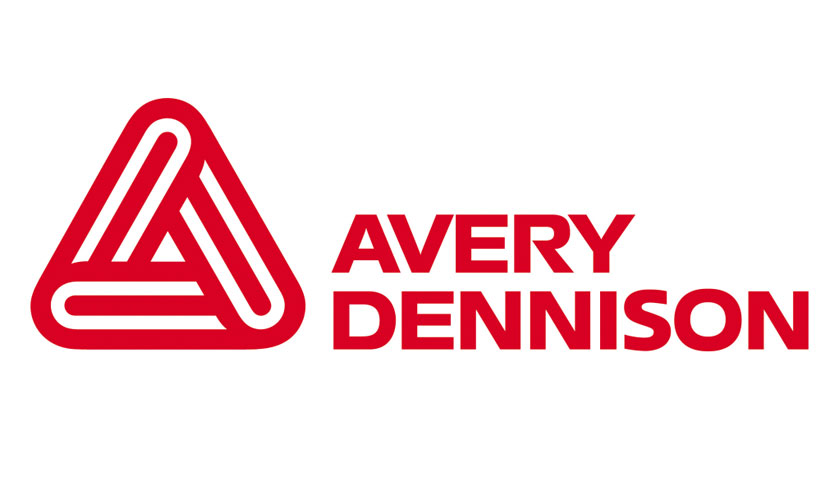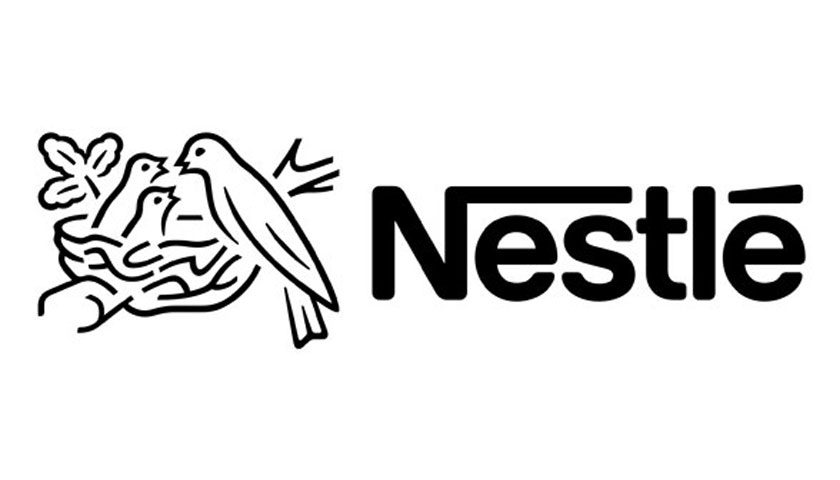Avery Dennison Corporation is pleased to announce new features to its atma.io connected product cloud, which will help transform how brands meet net-zero targets and reduce waste across the supply chain. Currently, over 22 billion items are managed by the platform across the apparel, retail, food, and healthcare segments. Six of the top 20 apparel brands globally by revenue and four of the top 10 quick-service restaurants (QSRs) use the platform.
Following atma.io’s recent win in the FDA food traceability challenge and the announcement of its partnership with Higg, the new atma.io Spring 2022 release focuses on sustainability and waste elimination.
atma.io’s new feature Real-time Carbon Impact Analytics provides brands with data-driven insights regarding the carbon footprint of their products, including Scope 3 emissions and beyond. This is a powerful new tool that captures data from every stage of a product’s journey, from raw material to consumer, and can help firms as they work to comply with forthcoming EU ‘Digital Product Passport’ regulations as well as the existing US Food Safety Modernization Act.
Third party manufacturing environmental impact data, including those provided for the apparel industry by the Higg Index, also factors into these insights. This data is then used alongside atma.io’s powerful artificial intelligence to deliver verifiable end-to-end visibility of the brand’s emissions at an item-level across the supply chain. By “making the invisible visible,” atma.io helps enable brands to take actions to reduce their carbon footprint and achieve their sustainability goals.
The atma.io Real-time Waste Elimination Tool uses artificial intelligence and machine learning to analyze and alert on anomalies and inefficiencies across the supply chain. This includes information about the overdue movement of products at a pallet level or even isolated individual items within a warehouse that are close to perishing or otherwise ‘lost’. These features help ensure action can be taken quickly and proactively in order to improve the efficiency of brands’ supply chains, minimize product loss and provide adequate stock to meet customer demands. According to UN estimates a third of the world’s food is either lost in the supply chain or wasted at the retail, food service and household level. That’s about 1.3 billion tons a year.
The precise item-level data will provide customers with valuable new insights which are vital to their environmental, social and governance (ESG) commitments. For example, by identifying items such as food or pharmaceutical products that have been held longer in a distribution center, are nearing expiry, or have a temperature variance, alerts can be made by the platform to help mitigate those risks, including minimizing spoilage, reducing loss, waste and greenhouse gas emissions, and in turn maximize sales.
Max Winograd, vice president, connected products at Avery Dennison Smartrac adds: “When we launched atma.io one year ago, our vision was to connect the physical and digital worlds by giving each physical item a unique digital ID, providing end-to-end transparency across the supply chain. Every second, 300 new items are added to atma.io and join the billions it already manages. This is helping to drive savings and sustainability through traceability.”
Winograd continues: “We live in an ever-changing, data-driven world where constant access to timely, accurate insights is key to driving productivity and sustainability goals. The atma.io Spring ‘22 release will empower businesses to get meaningful insights from data that has often been in silos, allowing them to make informed decisions in real-time that can dramatically transform their business agility and accelerate their performance across the bottom line, people, planet and profit.”
Features within the release also include:
- Sustainability Facility Assessments and Expiration Callouts – in partnership with third party sustainability organizations such as Higg, atma.io assigns a manufacturing sustainability score for supported facilities within the supply chain. This bolsters the data already available via the Carbon Impact Analytics feature to provide even greater sustainability insight. Callouts can also be created to help keep track of partner’s sustainability assessments’ expiration dates.
- Global Inventory Trace – tracks inventory on SKU and purchase order level along the supply chain, revealing how inventory items are distributed over the entire supply chain per site type (e.g. factories, warehouses, stores), and creates alerts for items that are on site longer than the expected dwell-time, adding to the waste elimination features outlined above.
- Anomaly Detection – generates alerts regarding suspicious activities happening within inventory. This can include possible counterfeit items in the supply chain, or items that have traversed along the supply chain in unexpected ways.
- Purchase Order Tracking – helps enable organizations to automate purchase order management and ensure proof of provenance for associated inventory.
atma.io will continue to add new features and unlock even more value by connecting products to the platform.


